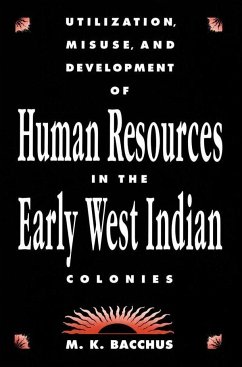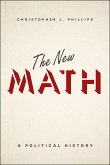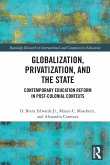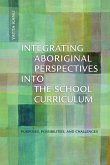This comprehensive study of the development of education in the West Indies between 1492 and 1854 examines the shifts which occurred within the nature of the education programs provided for the masses. Believing existing theories of educational change are too limiting, Bacchus has blended detailed analysis of such important factors as the changing role of the state, the conflicting educational objectives among the "dominant" groups, and their differences with the missionary societies providing popular education to better understand how these changes came about. He attributes greater importance to the role of the masses, who increasingly asserted their views about the type of education they wanted for their children. The book demonstrates how instructional programs developed in the West Indies not as the result of a rational curriculum development process but, rather, through a series of compromises made to accommodate the views of various influential groups. Education and curriculum evolved by way of a show, yet constant, changing dialectical process. Such an insightful work will arouse the interest of scholars and students of educational development, particularly those studying the West Indies.
Hinweis: Dieser Artikel kann nur an eine deutsche Lieferadresse ausgeliefert werden.
Hinweis: Dieser Artikel kann nur an eine deutsche Lieferadresse ausgeliefert werden.








